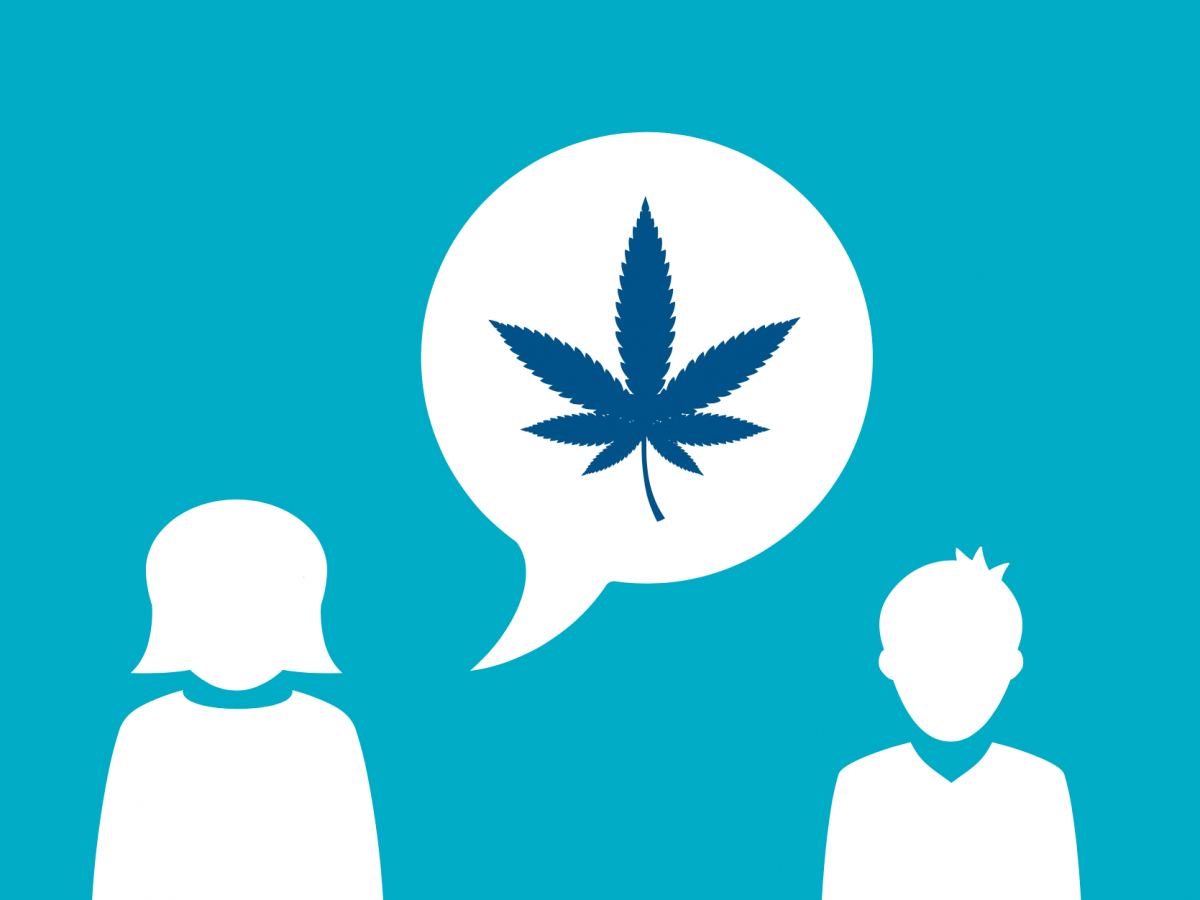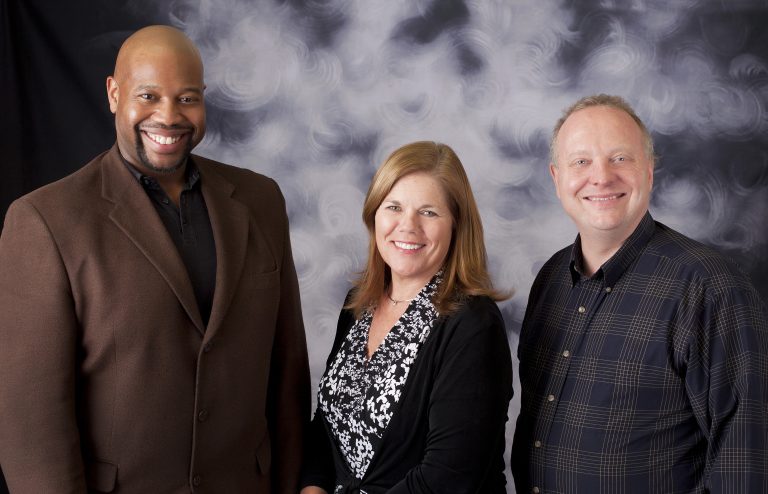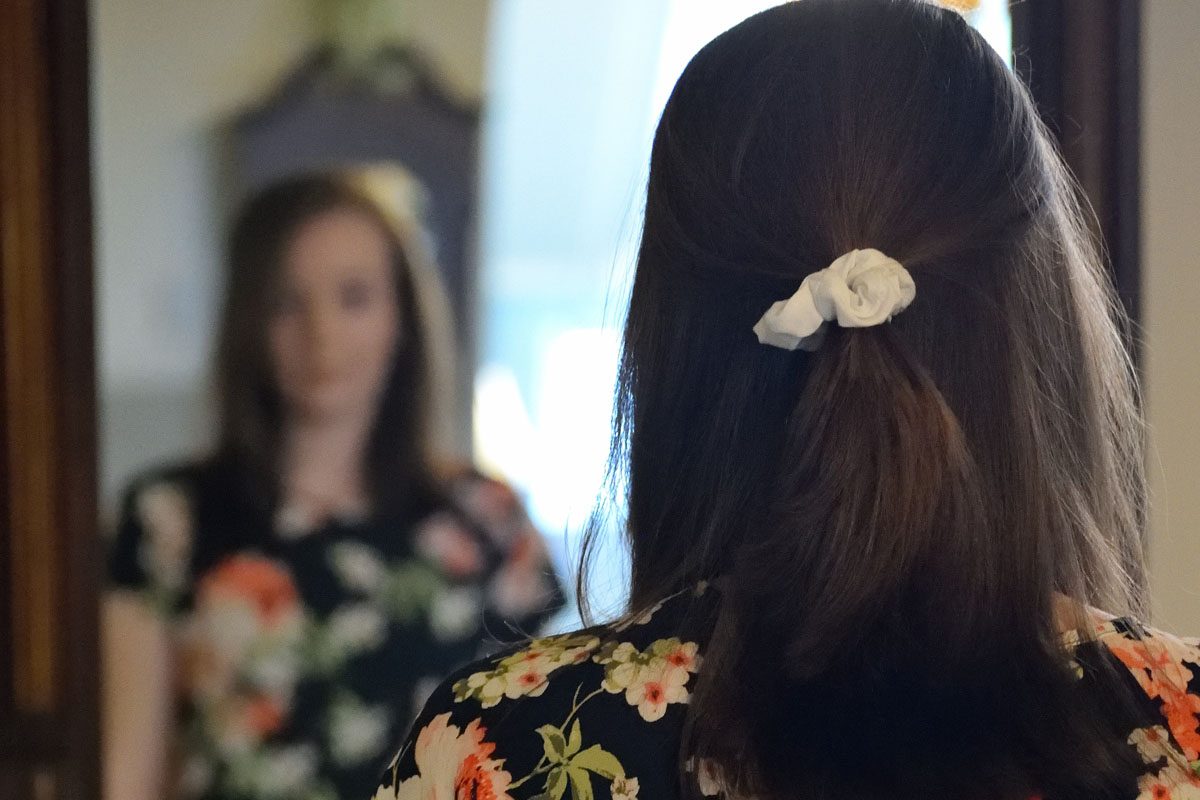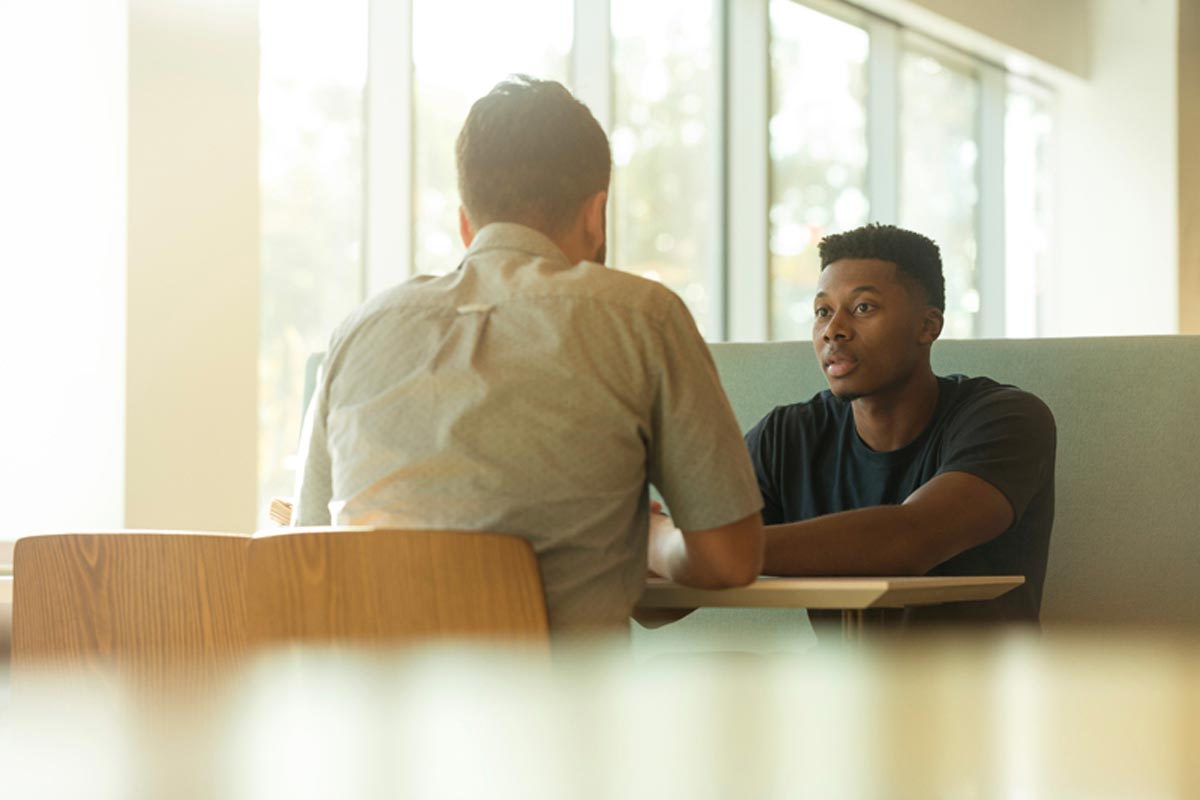Blog

Now that medical marijuana is legal in Ohio, I have had many parents asked me how to discuss these topics with their children, or how to get their children to quit if they’ve already started using. With many States legalizing medical marijuana, or even marijuana for recreational use (not in Ohio as of 2019), the perception is growing that marijuana is completely harmless. This creates a difficult situation for parents who have an overarching understanding that all drugs are “bad”, and children should stay away from them at-all-cost. So which is it; is marijuana completely harmless or should children stay completely away from it at-all-cost? The answer is technically somewhere in the middle with many variables to consider. Although marijuana is not completely harmless, your child is not “doomed” if they’ve tried it. In other words, there are no simple quick answers here, but education one’s self on the topic is critical.
Unfortunately, there is a lot of misinformation on the internet and even in the Press. As a psychologist and chemical dependency counselor, it is my professional duty to focus on the research. From a research point-of-view, we don’t know as much about the long-term effects of marijuana as we know about alcohol and nicotine. Because marijuana is a Schedule 1 drug (meaning that the federal government sees no medical value in the drug, and considers it highly addictive), research has been limited versus other substances for decades. Nevertheless, there has been research completed, and there are things that we do know (or at least have good ideas about) when it comes to marijuana. Because of this, it is important to monitor your language when talking to adolescents. Using absolute terms would be inaccurate most of the time. For example, making statements like marijuana kills brain cells is technically inaccurate. There is no evidence in literature that supports this claim. Another example would be, all forms of marijuana are the same and they’re all bad. There are hundreds of strands of marijuana nowadays, and the different strands have different effects on the individual. Using absolute terms like this (in which most adolescents know it is not true), usually shuts down the conversation.
Community Partnership in Akron Ohio has done a wonderful job of putting together a kit on how to talk to your teenager about marijuana. I would recommend reading it thoroughly as it will give many suggestions and hints on the best ways to discuss these issues with your child. With the legalization of marijuana in the state of Ohio, I believe it is extremely important for parents to educate themselves differently than they have in the past. Telling your child to “Just Say No “(which wasn’t effective even in the 80s), is not an effective form of education or prevention. Open-minded, collaborative, and educated conversations with your child is the best intervention and prevention strategy to date.
Download the Marijuana Talk Kit
Since education is a parent’s best defense and offense, I recommend that parents educate themselves on most of the common chemical substances that children experiment with. Having a rich knowledge base of these chemicals and what they do will help parents not only identify when their child is using, but also help them react appropriately based on the substance and engage in a more knowledgeable conversation. The most common substances that pre-adolescents and adolescents use are nicotine, alcohol, marijuana, various inhalants, and over the counter and/or prescription medications. These are more common amongst this group due to the fact that they are more easily attainable. Educating yourself around these substances is a good starting point for most parents. Please check out the following links for educational material:
https://www.samhsa.gov/
https://www.drugabuse.gov/drugs-abuse
http://cpsummit.org/
If you are in need of mental health counseling, please reach out to our associates at Behavioral Health Services of Greater Cleveland at one of our two locations: Rocky River and Medina. Family, individual, and couples counseling are available. Please call (866) 466-9591 ext. 0 for an intake.
Related Posts
Founded in 2008, BHSOGC has delivered professional Psychology Services to the greater Cleveland area with offices in Medina and Rocky River. We are a multi-disciplinary group practice with a clinical staff of psychologists, licensed social workers and masters level therapists.




